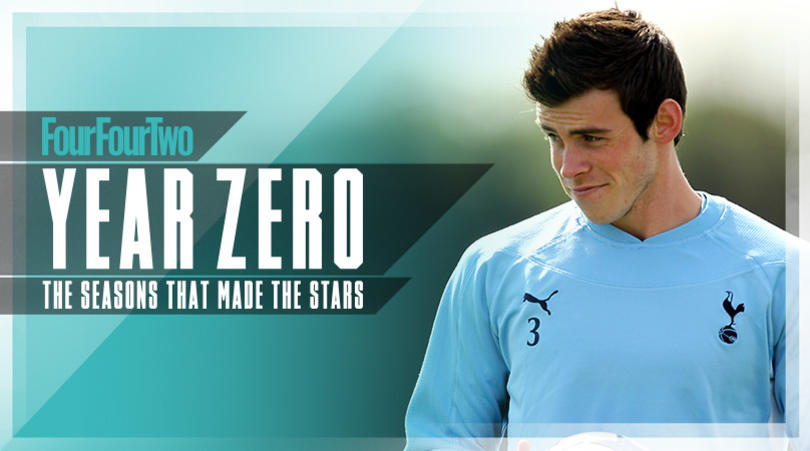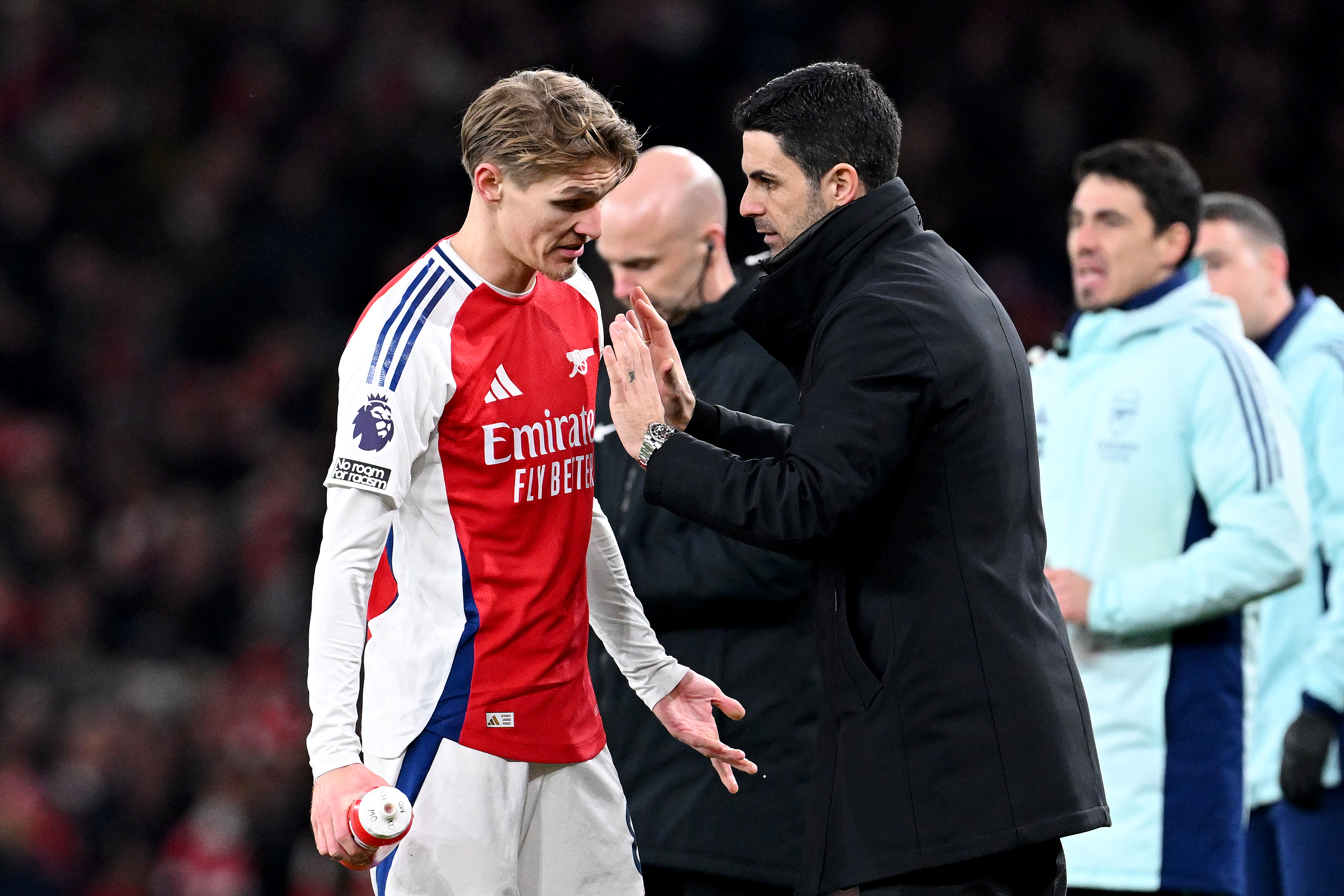Greatest individual seasons: AVB helps Gareth Bale break free at Tottenham (2012/13)
The Welshman was firmly in public consciousness as a buccaneering winger by 2012, but still there was something holding him back from greatness. Matt Allen remembers the year in which Bale finally broke free – and wooed the Bernabeu bigwigs
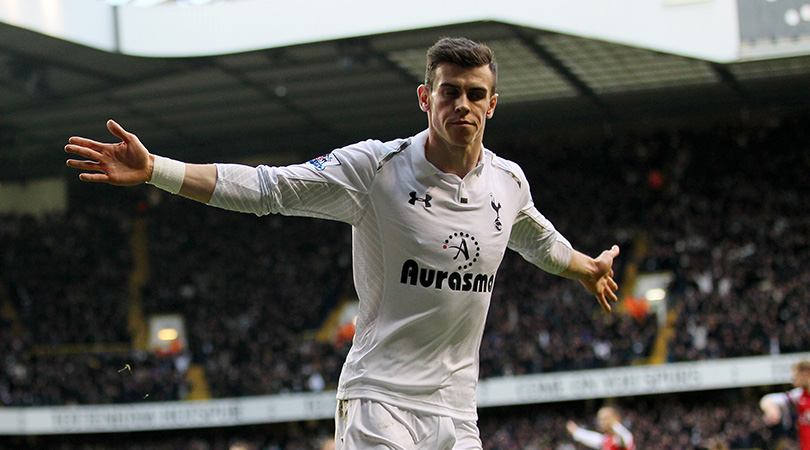
In 2013, 86 million quid was rather a lot of money. We've come to be rather less shocked about such sums in 2018, but lest we forget that Real Madrid's purchase of Gareth Bale surpassed the previous world record paid for Cristiano Ronaldo (£80m) and felt like an extravagantly inflated sum blown out of proportion by Madrid's opulence and Daniel Levy's hard-nosed negotiating.
To Spurs' then-manager Andre Villas-Boas, though, Bale represented a hell of a lot more than a world record transfer fee. It could be argued that the Welshman's availability was the safety blanket he needed to secure his position at White Hart Lane.
Certainly, during their one season together, the pair helped to establish Spurs as an entertaining and effective creative force in the Premier League: Bale with his desire, speed and imperious technique; AVB with his foresight to listen to a footballer self-aware enough to unlock his own match-winning potential.
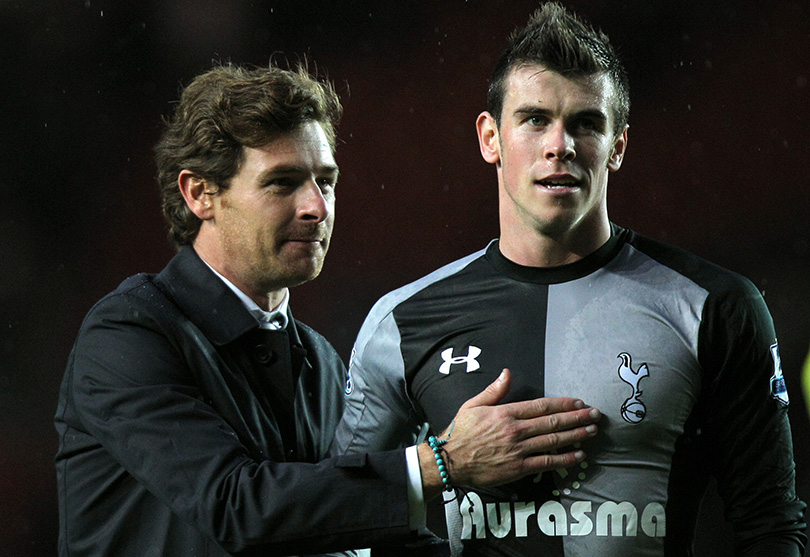
Tactical tinkering
Bale's ability was not news - he'd won the PFA Players' Player of the Year award in 2011. But with some tactical tinkering, Gareth Bale v.2013 was able to become an ever-present and decisive threat.
It hadn't always been that way. Before AVB's arrival, Bale had been deployed mainly on the left flank under Harry Redknapp, first as a full-back and later in a more advanced role where he established himself as an effective attacking unit following a poor start to his Spurs career.
Injury and poor results curtailed his early promise; Bale famously played 24 league matches without winning a game. It was even reported that Redknapp had been interested in a deal to sell his talisman-in-waiting to Nottingham Forest, only for Bale to reject the idea.
Get FourFourTwo Newsletter
The best features, fun and footballing quizzes, straight to your inbox every week.
Spurs fans and their manager were later thanking their lucky stars. Within a season, Redknapp had transformed Bale from a left-back into a winger. The Welshman's subsequent dismantling of Inter Milan's defence in the 2010/11 Champions League group games were proof of his blossoming ability, though any experiments whereby Redknapp positioned Bale centrally were greeted with howls of derision from frustrated Spurs fans (see the terrace chant, "He plays on the left/Gareth Bale, he plays on the left").
With the wideman's technique confirmed on the grandest of stages, however, and Inter Milan full-back Maicon still suffering from motion sickness, Villas-Boas felt comfortable enough to give Bale the freedom he craved upon replacing Redknapp at White Hart Lane during the pre-season of 2012/13.
"I had Gareth knocking on my door once, not crying, but he was complaining a little bit," said the then-Spurs manager in 2013. "He said he wanted me to help him to enjoy his football a little more. We had a good conversation. Hopefully it turned out well for both of us. From that moment onwards his drive, his passion and his ambition towards the height of elite football has been immense."
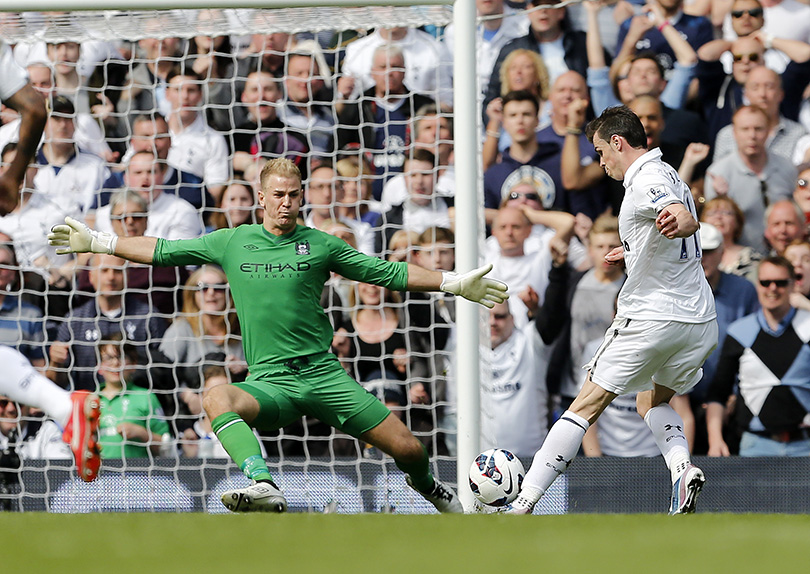
That determination and desire soon reaped rewards. Following their fateful discussion, Bale was deployed in roles behind a lone striker, working from a wing position while moving into the spaces that opened up between his opponents' midfield and defence. It was in this area that he proved so devastating.
In matches against Newcastle and Norwich he utilised his speed to drive at back-pedalling defenders before finishing with aplomb inside the penalty area. When he found himself being marshalled by centre-halves outside the box, he was able to shift the ball away before shooting - and often scoring - from distance, as he did so against Sunderland, and more memorably against West Ham when his late, long-range strike proved decisive in a 3-2 victory.
There were other high points, too. His drive through the heart of Manchester United's defence, past a floundering Rio Ferdinand, to score in Spurs' 3-2 win at Old Trafford; a 25-yard free-kick against Liverpool. At times, his ability to flip the ball past the last man and move away from markers at speed was unplayable. Log on to YouTube and watch his hat-trick in the away fixture at Aston Villa: Bale's performance brimmed with pace, imagination and intent.
Goals at 1:35, 3:00 and 4:05
Overall, though, it was his ability to conjure goals from nothing, seemingly out of shooting range, that proved so fruitful for his manager. There were times during 2012/13 when Spurs seemed unable to break down well-organised defences. It was in these matches, as evidenced by his goal against West Brom at The Hawthorns, when Bale was able to shift the balance so decisively – a jink inside; a lash of the left boot on the edge of the box. According to data, nearly half of his 21 league goals came from outside the box. It was a stat that Bale attributed to practice as well as belief.
Practice makes perfect
"Confidence is like the old Gary Player line: the more you practice the luckier you get," he said. "I worked hard at my game… No one wants to be stuck on the wing where you get a couple of markers put on you to take you out of the game.
"That free role is fantastic; you can go for a wander and try to find the space to affect games pretty much for the 90 minutes. But I've also been practising my new role in training all season and working incredibly hard with the manager on tactics, so what we achieved was not by accident."
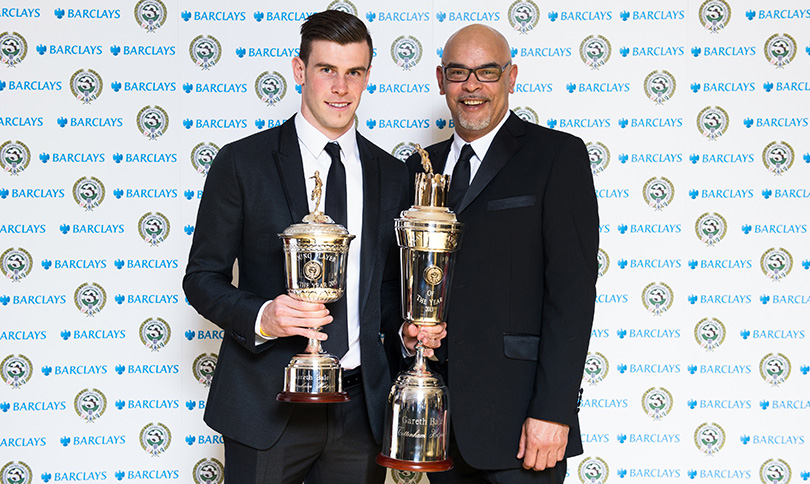
The stats spoke for themselves. Bale scored 26 goals in 44 appearances as Spurs narrowly missed out on Champions League qualification despite securing their record Premier League points haul. He scored more winning goals than any other player in the top flight. Meanwhile, his performances scooped numerous individual awards, including the PFA Players' Player of the Year, the PFA Young Player of the Year, and the FWA Footballer of the Year.
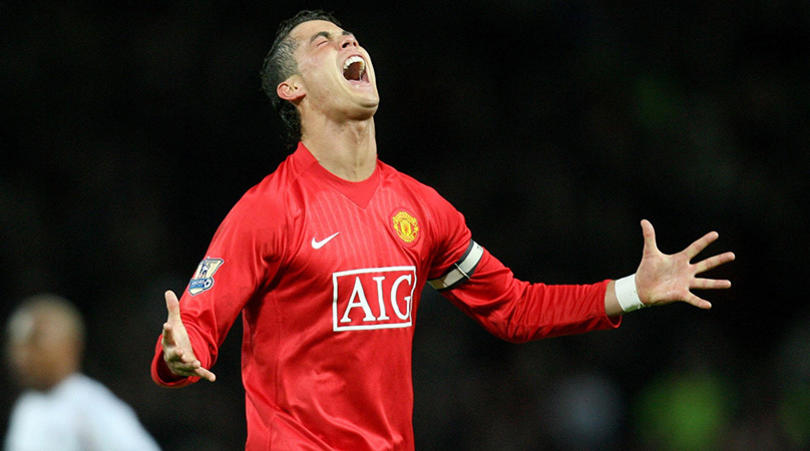
It was unsurprising that Real Madrid came calling. It was even more unsurprising that Spurs should sell. But while the transfer fee initially resembled a major coup, the fallout from Bale's departure – and the club's inevitable, sinking Champions League hopes – destabilised two managers in Villas-Boas and Tim Sherwood.
Bale's 2012/13 campaign will go down in history as much more than a great player seizing his chance.
"We're taking out one of the best players in the world and replacing him with seven players (at Spurs) who have never played in this competition before," said departing manager Sherwood (in arguably his most measured public statement of the 2013/14 season). "How on earth did people think we would be title challengers or even make the top four?"
Thank God, then, for Mauricio Pochettino.
